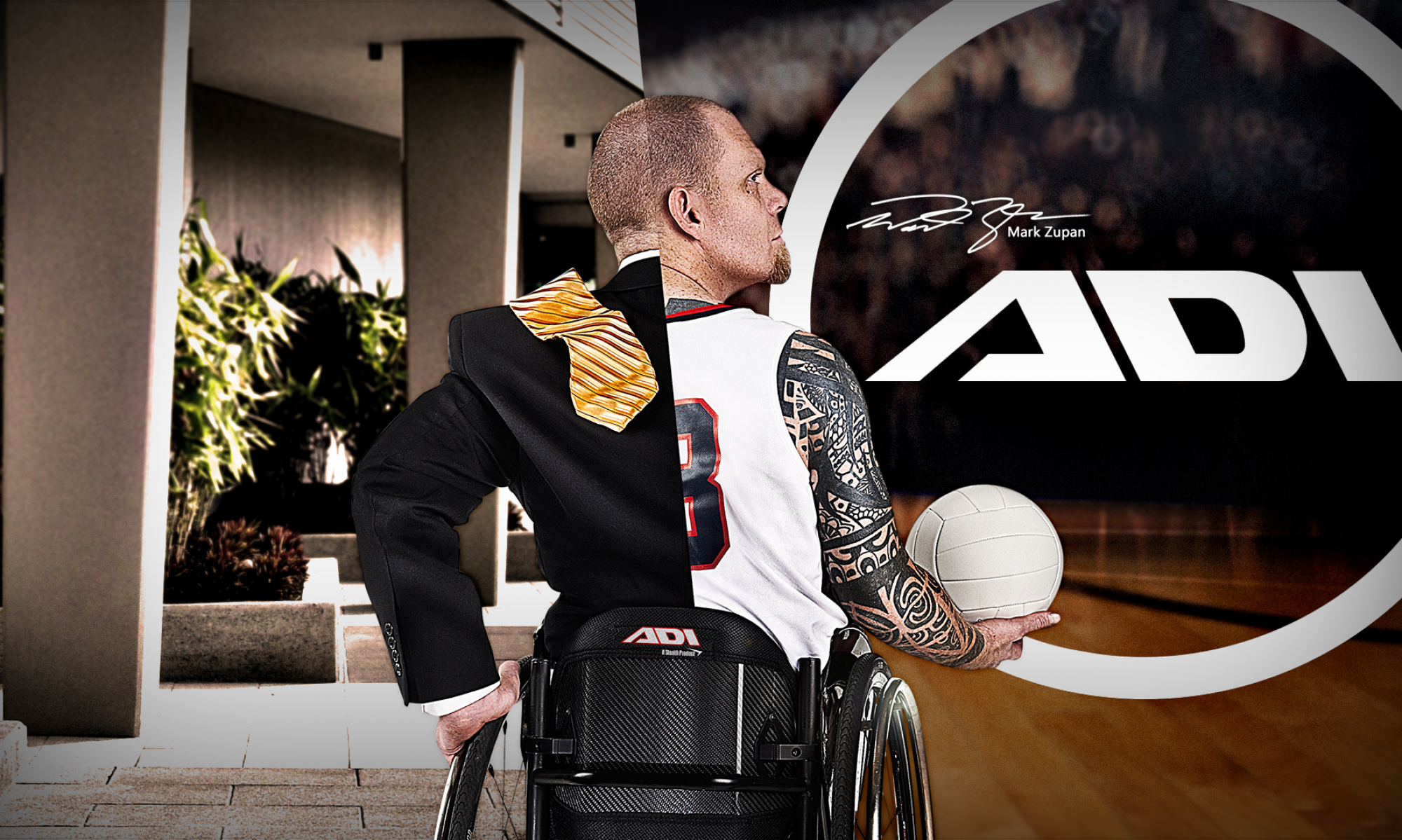-
asdfaas213 posted an update 3 years, 7 months ago
An endoscopy is sometimes combined with other procedures, such as an ultrasound. An ultrasound probe may be attached to the endoscope to create specialized images of the wall of your esophagus or stomach. An endoscopic ultrasound may also help your doctor create images of hard-to-reach organs, such as your pancreas. Newer endoscopes use high-definition video to provide clearer images.
Many endoscopes allow your doctor to use technology called narrow band imaging, which uses special light to help better detect precancerous conditions, such as Barrett's esophagus.
Risks
An endoscopy is a very safe procedure. Rare complications include:
Bleeding. Your risk of bleeding complications after an endoscopy is increased if the procedure involves removing a piece of tissue for testing (biopsy) or treating a digestive system problem. In rare cases, such bleeding may require a blood transfusion.
Infection. Most endoscopies consist of an examination and biopsy, and risk of infection is low. The risk of infection increases when additional procedures are performed as part of your endoscopy. Most infections are minor and can be treated with antibiotics. Your doctor may give you preventive antibiotics before your procedure if you are at higher risk of infection.
Tearing of the gastrointestinal tract. A tear in your esophagus or another part of your upper digestive tract may require hospitalization, and sometimes surgery to repair it. The risk of this complication is very low — it occurs in an estimated 1 of every 2,500 to 11,000 diagnostic upper endoscopies. The risk increases if additional procedures, such as dilation to widen your esophagus, are performed.
You can reduce your risk of complications by carefully following your doctor's instructions for preparing for an endoscopy, such as fasting and stopping certain medications.
Signs and symptoms that could indicate a complication
Signs and symptoms to watch for after your endoscopy include:
Fever
Chest pain
Shortness of breath
Bloody, black or very dark colored stool
Difficulty swallowing
Severe or persistent abdominal pain
Vomiting, especially if your vomit is bloody or looks like coffee grounds
Call your doctor immediately or go to an emergency room if you experience any of these signs or symptoms.
About Dealer Hub Members
If you are logged in, you can see other members and select their link to send them requests or just start up a professional conversation. (This site will be monitored and any content deemed offensive or threatening will be removed.)

